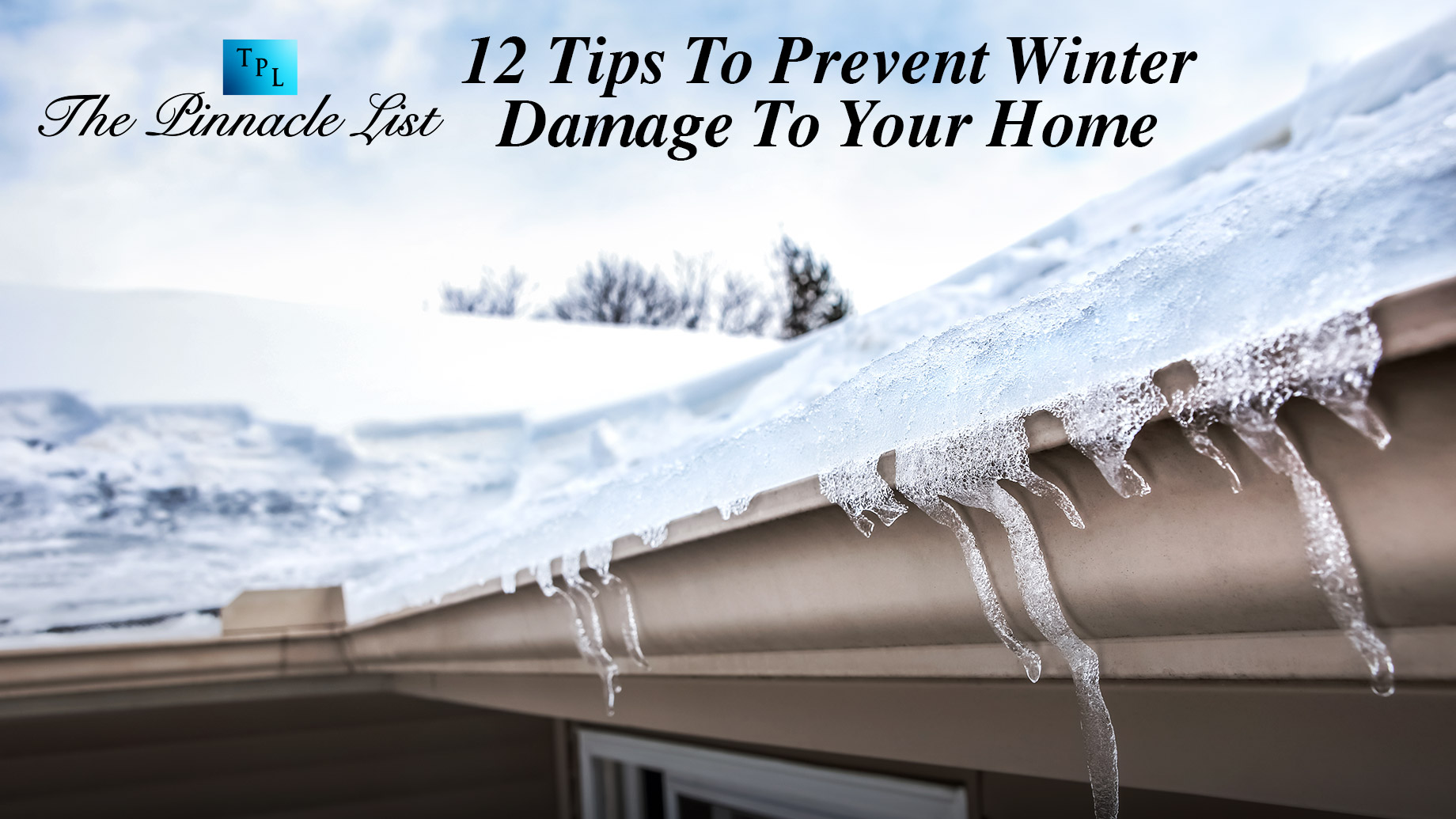
Winter can be a challenging season for homeowners, as the cold weather can cause damage to your home if you’re not prepared. From frozen pipes and roof damage to higher energy bills, there are many potential issues that can arise during the winter months. However, with the right precautions, you can protect your home and keep it safe and comfortable throughout the season.
In this article, we’ll provide tips for preventing winter damage to your home. From properly insulating your home to keeping your gutters clean, there are many simple steps you can take to protect your home from the elements. We’ll also cover more advanced measures, such as installing a roof snow guard or sealing cracks and gaps to keep the cold out.
By following these tips, you can help prevent winter damage to your home and keep it comfortable and safe for your family. It’s important to take the necessary precautions to protect your home from cold weather and potential hazards, so make sure to take the time to prepare your home for the winter months.
So, let’s get started and learn how to prevent winter damage to your home:
- Insulate your home: Proper insulation is essential for keeping the heat inside your home and preventing freezing pipes. Check the insulation in your attic, walls, and crawl spaces to make sure it is sufficient. If you have an older home, you may need to add more insulation to these areas. Consider hiring a professional to assess your home insulation needs and help you choose the right type of insulation for your specific home.
- Protect your pipes: Frozen pipes can be a major problem in the winter, as they can burst and cause significant damage to your home. To prevent this, wrap any exposed pipes with insulation and let your faucets drip a little to keep the water moving. If you’re going to be away from home for an extended period of time, shut off the water to your house and drain the pipes. This will help prevent frozen pipes and reduce the risk of damage.
- Keep your gutters clean: Clogged gutters can cause water to back up and freeze, leading to damage to your roof and potentially causing leaks. Make sure to clean your gutters regularly, especially before the winter months. This will help prevent water from pooling and freezing in your gutters and causing problems.
- Inspect your roof: Check your roof for any missing or damaged shingles, and make sure that there are no tree branches hanging over it. If your roof is in need of repair, have it fixed before the winter to prevent further damage. A damaged roof can allow water to enter your home and cause significant damage.
- Protect your windows: Cold drafts can enter your home through poorly sealed windows, leading to higher energy bills and potentially causing damage to your windows. Consider adding weatherstripping or replacing old windows with more energy-efficient options. This will help keep the cold out and reduce your energy costs.
- Prepare for heavy snowfall: If you live in an area with heavy snowfall, make sure your roof can support the weight. Consider installing a roof snow guard or having a professional check the structural integrity of your roof. This will help prevent the weight of the snow from causing damage to your roof.
- Clean your chimney: If you have a fireplace, make sure to have your chimney cleaned and inspected before the winter. A dirty or blocked chimney can cause a fire hazard, so it’s important to take care of this before you start using your fireplace. A professional chimney sweep can help clean and inspect your chimney to ensure it is safe to use.
- Seal any cracks or gaps: Cold air can enter your home through small cracks and gaps around doors, windows, and other openings. Use caulking or weatherstripping to seal these areas and keep the cold out. This will help keep your home warm and reduce your energy costs.
- Keep your driveway and walkways clear: Snow and ice can make your driveway and walkways slippery, posing a safety hazard. Make sure to shovel and salt these areas regularly to prevent accidents. Consider investing in a snow blower or hiring a professional to help clear these areas if you don’t have the time or ability to do it yourself.
- Disconnect your hoses: If you have outdoor faucets, make sure to disconnect your hoses and drain them before the winter to prevent frozen pipes. Cover your faucets with insulating covers to help protect them from the cold.
- Check your furnace: Make sure to have your furnace checked and serviced by a professional before the winter to ensure that it is working properly. This can help prevent costly repairs and keep your home warm and comfortable throughout the season. A professional can check for any issues with your furnace and make sure it is operating efficiently.
- Keep your home warm: Set your thermostat to a consistent temperature to prevent freezing pipes and to keep your home warm. If you’re going to be away from home for an extended period of time, consider setting your thermostat to a lower temperature to save energy. This will help prevent freezing pipes and reduce your energy costs.
By following these winter home protection tips, you can prevent damage to your home and ensure it remains in good condition for years to come. To best protect your home from cold weather and potential hazards, it is important to take necessary precautions. By doing so, you will be well-equipped to have a comfortable and safe winter season.